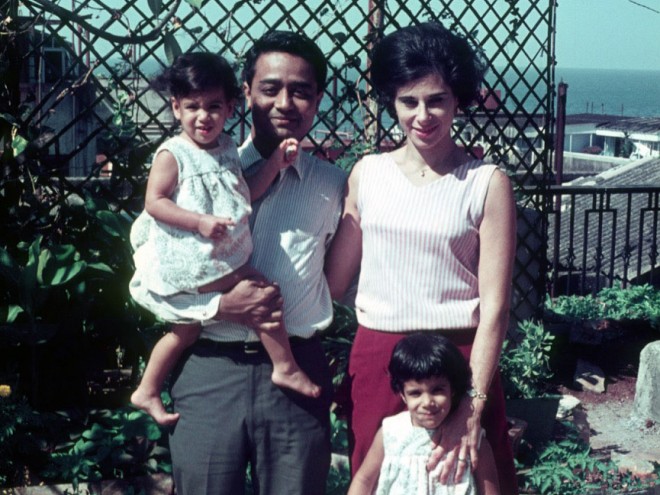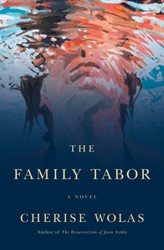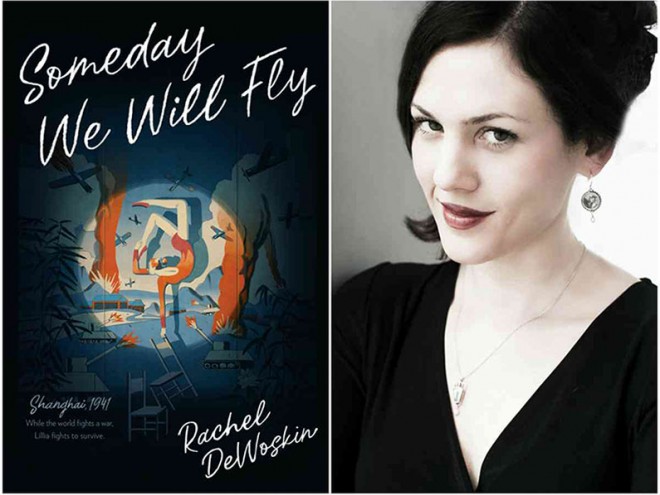Toby Fleishman is in the midst of a crisis. His soon-to-be ex-wife Rachel has disappeared, leaving their two children with him; he’s on the cusp of a promotion, but can’t seem to stay in the office long enough to make it clear that he is worthy of it; he’s hooking up with random women who send him pictures of their underwear and their bras to entice him, in order to satisfy his need to be wanted. All the while he struggles with self-loathing and the nagging feeling that his marriage fell apart because he’s too short and too unambitious.
At least, that’s how Toby is presented. Toby’s saga is told through his friend Libby Epstein, who he recently re-connected with after years of distance. Now that Toby is separated from Rachel, he needs a woman he can talk to about his ex-wife and about his struggle. His difficulty. His hard, stressful life. Which Libby tells, dutifully, for most of the novel.
But as the book goes on, the reader learns more about Libby. She is a writer, formerly of profiles for a famous men’s magazine, and currently as a writer of a young adult novel she can’t finish. Libby finds inspiration in Toby’s story, setting it up like she would one of her profiles. The book begins as a story about Toby, and becomes a story about herself — as she herself says, “Trojan horse yourself into a man, and people will give a shit about you.”
And so, through Toby, we learn about Libby. How she feels like she’s at an impasse, like she’s stuck in a wonderful life she chose for herself. Toby’s angst at his difficult, up-in-the-air life throws her own settled life into sharp relief. She’s a stay-at-home mom, just like the other mothers in her neighborhood. She isn’t young anymore and she won’t be young again — she isn’t a Great Writer, and may never become one. She seeks Toby out, trying to recapture a part of herself now lost — the girl who smoked, who stayed out late, who didn’t have a husband and children and a home in New Jersey waiting for her.
And what about Rachel? The reader doesn’t really know much about her, except for Toby’s account and Libby’s telling over of it. That is, until the moment Rachel and Libby bump into each other — and the readers understanding of the situation is shifted once more.
All that is to say Fleishman is in Trouble is a fascinating novel that examines the intricacies of being a good parent, the seductive powers of ambition and money, and the difficulty of keeping up appearances and fitting into a community. It allows the reader to be a fly on the wall, an observer to all of Toby and Rachel’s mistakes and mishaps, while allowing for empathy and understanding in the face of immeasurable stress. This book is not about being Jewish but is instead so inherently Jewish, with intimate knowledge of the community woven throughout that can only be portrayed by someone right inside of it.
Fleishman is about divorce and truly seeing people — seeing the person you are married to, seeing your friends for who they really are, and seeing yourself. It’s about giving yourself credit and not giving yourself too much credit, and how no one really knows what is going on inside a marriage, especially the two people inside it. It’s about how we talk about women and men, husbands and wives, and how the way we look at any story is always suspect — we must examine the storyteller. Toby Fleishman looks like he’s in trouble, but then again, the reader is mostly hearing from Toby. Rachel Fleishman has disappeared — she’s probably in trouble too.
Evie Saphire-Bernstein is the program director of Jewish Book Council. She graduated from the University of Illinois at Chicago with a B.A. in English and a minor in Jewish Studies. Before joining the Jewish Book Council team in 2015, she spent a year and a half working within the Conservative Movement as the Network Liaison for the Schechter Day School Network. She is a recent transplant to New York City, after living in Chicago for most of her life. In her spare time, Evie is a writer and blogger.





